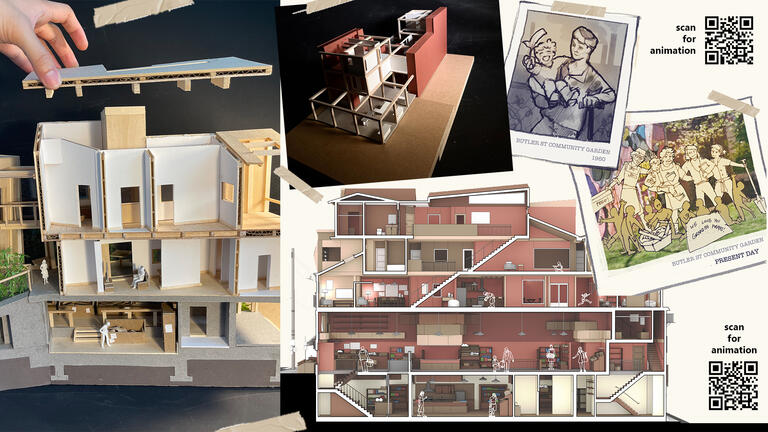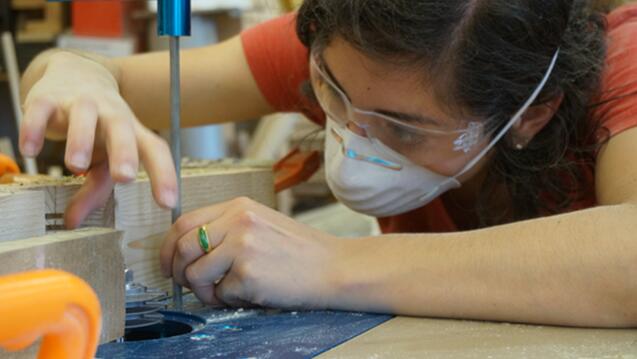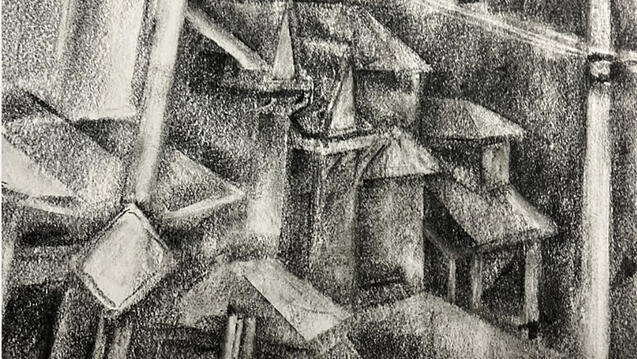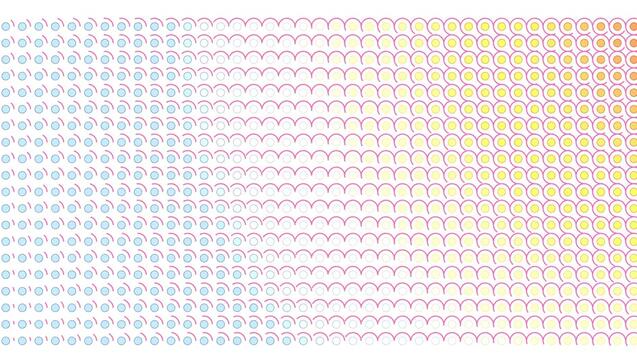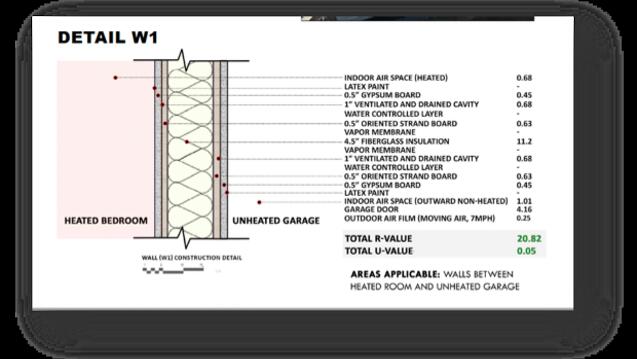The main objective of this course is to focus on how students learn, develop and make decisions as they transition into architecture education.
This studio introduces students to the fundamentals of architectural design through practices of critical thinking, iterative design methodology, and design agency. Emphasizing form, space and composition, this first-year studio lays the foundation for a rigorous and creative design practice.
This course introduces basic material assembly methods and the use of shop machinery, preparing students to participate in a wide range of subsequent building and fabrication projects.
This seminar confronts the ethical imperatives of architectural practice within the intersecting crises of climate collapse, technological acceleration, and systemic injustice, reconceiving design not as a neutral exercise in problem-solving, but as a deeply political and philosophical act.
This is the first in a two-course sequence that introduces students to cultures of digital drawing and image production.
Fulfills minor requirements for: Architectural Representation and Visualization, Architecture (non-majors)
This is an introductory course in free-hand architectural drawing. Its central learning objective is building a capacity for visualizing three-dimensional space through freehand drawing.
This course introduces fundamental concepts of building physics. The knowledge and skills obtained from this course can be applied to studio projects and beyond, improving building design and performance through standard methods of evaluation and simulation tools.
Fulfills minor requirements for: Architectural Technology (non-majors)
We may learn to develop architecture that enriches the context from which it arises by conceptually recognizing the built/natural environment as a complex web of interacting parts constantly exchanging energy and resources.
This course introduces students to the fundamentals of generative modeling using computer aided design as practiced in the field of architecture.
Fulfills minor requirements for: Computational Design
This course introduces and examines the fundamentals between design intent and construction materials, and the science of materials (performance), their assemblies, and the regulatory contexts of building code, zoning and accessibility.
Fulfills minor requirements for: Architectural Technology (non-majors)
Typically, studios conduct site research and then design an intervention for that site. However, this is a studio where the design research part of the semester becomes the project itself.
This course introduces architectural design responses for energy conservation and natural conditioning, human comfort, and the site-specific dynamics of climate. Students will be expected to combine an understanding of the basic laws of comfort and heat flow with the variables of local climate to create energy design guidelines for design work.
